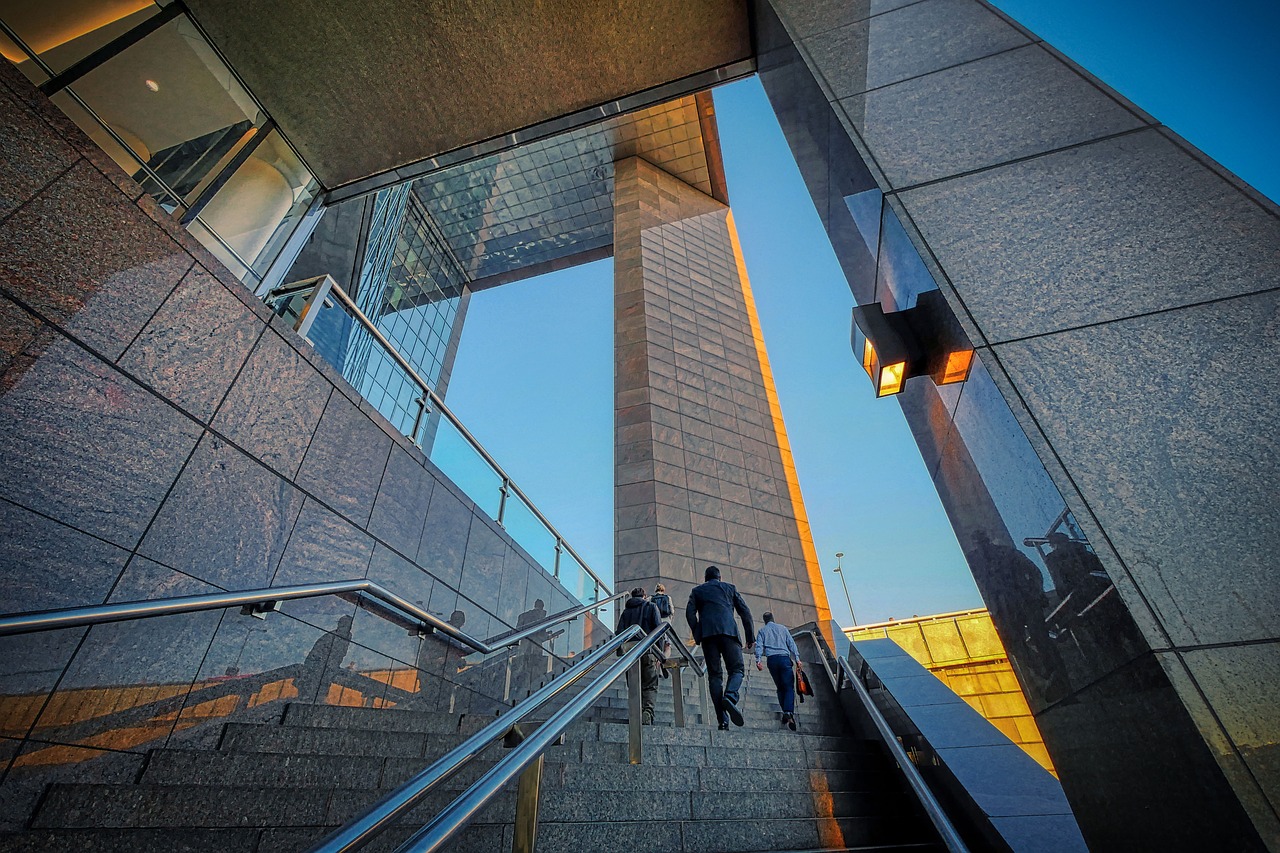In a world increasingly burdened by climate change, resource depletion, and environmental degradation, the term sustainability has surfaced as a beacon of hope. It encapsulates the idea that we can balance economic growth with ecological preservation, ensuring that future generations inherit a planet that can sustain their needs. This blog post will explore the multifaceted concept of sustainability, its significance in our lives, and actionable steps we can take to foster a more sustainable future.
The Importance of Sustainability
Sustainability is not just a trend; it is a necessity. The ramifications of neglecting sustainability can be catastrophic. As we delve into this critical topic, we will examine why sustainability matters.
Economic Benefits
- Cost Savings: Implementing sustainable practices often leads to reduced energy costs and waste management fees.
- Job Creation: The green sector is a burgeoning industry. A focus on sustainability can result in new job opportunities in areas like renewable energy and sustainable agriculture.
Environmental Health
- Preservation of Ecosystems: Sustainable practices help protect biodiversity, ensuring ecosystems can function effectively.
- Combat Climate Change: Adopting sustainable practices can reduce carbon footprints, lessening the impact of climate change.
Social Responsibility
- Community Engagement: Sustainability initiatives often bring communities together, promoting cooperative efforts and shared goals.
- Improved Health: Reducing pollution through sustainable practices leads to healthier populations.
Challenges to Sustainability
Despite its benefits, achieving sustainability is fraught with challenges. Understanding these obstacles is the first step to overcoming them.
Economic Constraints
- Many businesses view sustainability as an additional cost instead of an investment.
- Lack of financial incentives can dissuade companies from adopting sustainable practices.
Awareness and Education
- Many individuals are unaware of the implications of their consumption patterns.
- Educational programs focusing on sustainability are often lacking or underfunded.
Global Disparities
- Developing nations may prioritize economic growth over environmental concerns due to resource constraints.
- Access to sustainable technology can be limited in low-income regions.
Practical Steps for Sustainable Living
Adopting a sustainable lifestyle doesn’t have to be an overwhelming process. Here are practical steps anyone can take to contribute positively.
Reduce, Reuse, Recycle
- Reduce: Aim to minimize waste. Opt for digital products instead of paper, and avoid single-use plastics.
- Reuse: Find new uses for old items. For example, glass jars can be transformed into storage containers.
- Recycle: Familiarize yourself with local recycling programs and participate actively.
Energy Efficiency
- Upgrade to energy-efficient appliances to reduce electricity consumption.
- Utilize solar panels or wind turbines to harness renewable energy for your home.
- Consider using public transport, carpooling, biking, or walking to decrease fossil fuel reliance.
Support Sustainable Brands
- Research and purchase from brands known for their environmentally-friendly practices.
- Participate in community-supported agriculture (CSA) to source produce directly from local farmers.
Success Stories in Sustainability
Real-world examples can inspire and demonstrate the potential of sustainable initiatives.
Companies Leading the Way
- Patagonia: This outdoor clothing brand has committed to using recycled materials and promoting a ‘repair, not replace’ ethos.
- IKEA: Committed to becoming climate positive by 2030, focusing on renewable sourcing and zero waste.
Community Initiatives
- Urban Gardening: Cities are adopting vertical gardens and community gardens to promote local food production.
- Trash Walks: Communities are organizing group trash-picking events to clean local parks and roads.
Conclusion
The journey towards sustainability is a collective effort that requires commitment at all levels—from individuals to corporations to governments. While challenges exist, proactive steps towards greener practices can yield significant benefits for our planet, economy, and society. By embracing sustainability, we’re not just securing a cleaner environment; we’re investing in a sustainable future. Each small action, added together, can create monumental change. Let’s start today, for a better tomorrow.






